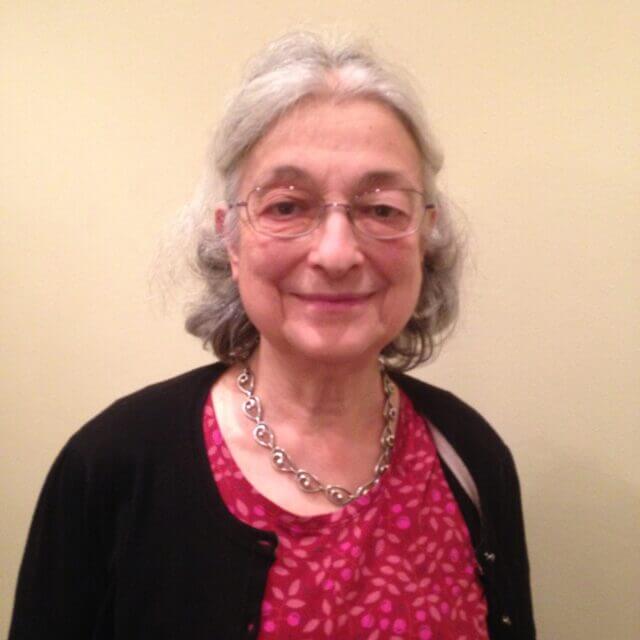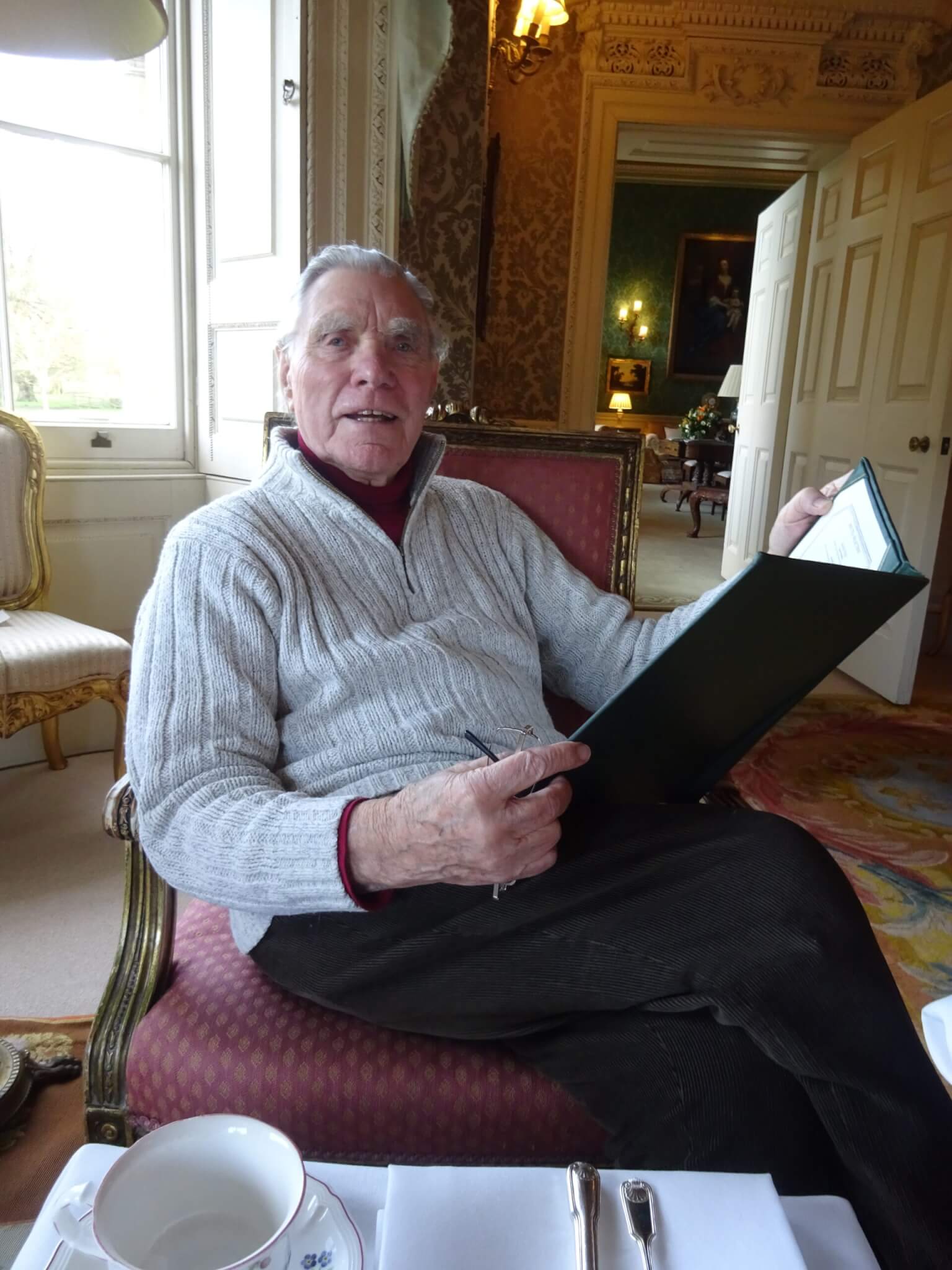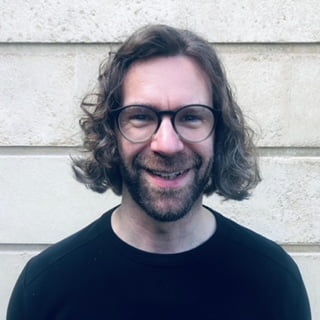At the Fulmer Research Institute in the late 1960s my interest in the scientific education of young people resulted in local schools sending pupils to meet scientists and observe them at work. This led to sessions in which 11-15 year olds showing natural curiosity could take part in experiments and learn the ways that scientists worked.
The Industry Education Department of the Department of industry looked at the viability of our work and in 1978 funded me to move into full-time educational research as a consultant to Berkshire Educational Authority on local and national educational projects. The film ‘Engineering Is’ made by Rolls Royce Ltd, based on one of our 6th form technology classes working on an aircraft wing design, won a Bafta Award and copies were sent to all UK schools and also to other countries with a Rolls Royce connection.
My involvement in Industry Education projects brought invitations to contribute to courses and educational conferences throughout the country and I became part of a team advising the Government on rewriting both the Science and the Design and Technology Sections of the British Education System. Having set up a company offering teacher training courses I wrote associated materials related to National Curriculum Science, Technology, Problem Solving and County Policy G&T Guidelines. I also wrote a series called ‘Let’s Make it work’ for BBC Schools, delivered Children’s Lectures at the Royal Institution on science topics, and led Mathematics Master Classes for the Royal Institution.
I have had both the privilege and the pleasure of working with Anna and the Potential Trust since the early 1980s. Having been involved for many years in the education of Gifted and Talented young people, which is now known as HLP, our common interests led to a productive symbiotic relationship between my Government work and the summer school courses for HLP children that Anna organised.
Fellow of the Royal Society of Chemistry, the RI, and the RSA.







